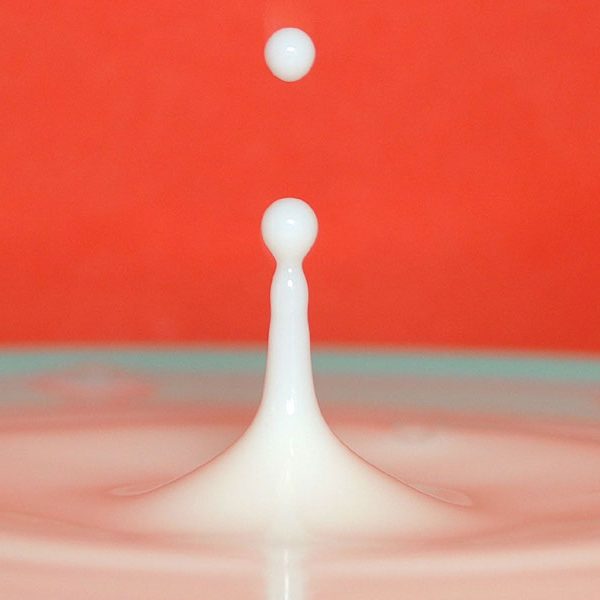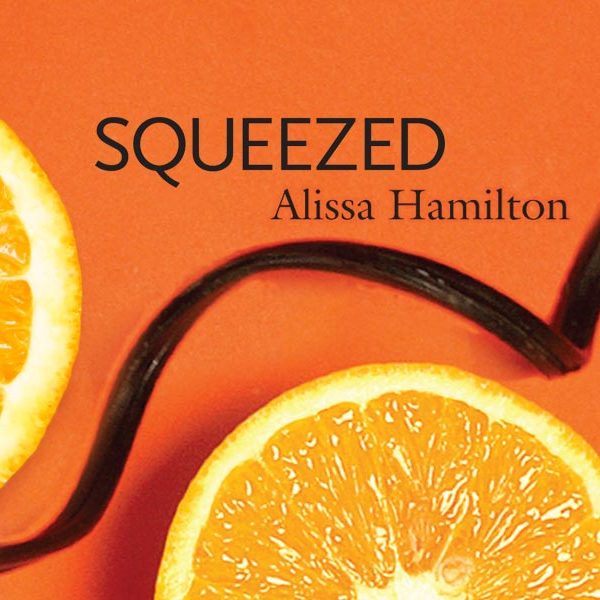What’s wrong with orange juice? Plenty, says Toronto author
The following interview was conducted by Susan Sampson, food writer for the Toronto Star, and originally appeared in that publication:
That glass of sunshine sitting on the breakfast table isn't as pure and simple as you think it is, according to an exposé of the orange juice industry.
In her new book Squeezed: What You Don't Know About Orange Juice, author Alissa Hamilton examines the "rift that exists between the reality of processed orange juice and retail rhetoric."
Although orange juice "has come to symbolize purity in a glass," she writes, it may be heat processed, watered down, sugared up, doctored by flavour engineers and stored for a year.
Hamilton, 36, lives in Toronto. She has a doctorate in environmental studies from Yale University and a law degree from the University of Toronto. She is a fellow with the Institute for Agriculture and Trade Policy, based in Minneapolis. The fellows are a diverse group working to change U.S. food policies and advance the idea of healthy, green and affordable food for all. She says making the food system more transparent is her particular area of interest.
Q: What would consumers be surprised to discover about orange juice?
A: The leading producers of "not from concentrate" (a.k.a. pasteurized) orange juice keep their juice in million-gallon aseptic storage tanks to ensure a year-round supply. Juice stored this way has to be stripped of oxygen, a process known as de-aeration, so it doesn't oxidize in the tanks. When the juice is stripped of oxygen, it is also stripped of flavour-providing chemicals … If you were to try the juice coming out of the tanks, it would taste like sugar water.
Juice companies therefore hire flavour and fragrance companies, the same ones that make popular perfumes and colognes, to fabricate flavour packs to add back to their product to make it taste like orange juice.
Q: What are flavour packs?
A: Flavour packs are derived from the orange essence and oils that are lost from orange juice during processing. Flavour houses break down these essence and oils into their constituent chemicals and then reassemble the chemicals into formulations that resemble nothing found in nature. Most of the juice sold in North America contains flavour packs that have especially high concentrations of ethyl butyrate, a chemical found in orange essence that the industry has discovered Americans like and associate with the flavour of a freshly squeezed orange.
Q: How is the labelling of orange juice misleading or confusing?
A: A good example is the statement that appeared at the top of Tropicana's new and now discontinued carton: "squeezed from fresh oranges." While meaningless – one would hope the oranges were fresh when squeezed – the statement could easily be misread as "fresh squeezed" by all but the most discerning shoppers.
Not much has changed since the early 1960s, when the U.S. Food and Drug Administration began to regulate orange juice in part to stop orange juice manufacturers from marketing their processed products as fresh.
Q: What type of orange juice is closest to pure or fresh squeezed? Frozen concentrate, bottled or chilled in cartons?
A: It's hard to compare. What's important is price is not an accurate measure of the extent to which a product has been processed.
For instance, "not from concentrate" orange juice, which is sold chilled in cartons, is the most expensive but not necessarily the least processed …
Any product that has a 60-plus day shelf life and is available year-round has to be heavily processed. If you want a product that is fresh-squeezed or close to it, the "best before" date is a good gauge. Fresh-squeezed juice doesn't last for more than a couple of days.
Q: Where does Canada's orange juice come from?
A: Florida is the birthplace of the orange juice industry. Even Californians will admit Florida grows an exceptionally good juice orange … But most orange juice sold in North America, Canada included, now comes from Brazil, where there are fewer environmental regulations, and land and labour are cheaper.
Q: Do you still drink orange juice? Should people buy less orange juice?
A: I prefer to eat a whole orange, literally: I even eat the pith, and save the peel for cooking. But I have nothing against orange juice, especially if it's freshly squeezed from Florida Valencias, which are considered the "Cadillac of oranges" … for their juiciness, deep orange colour and rich orange flavour.
We take it for granted that we can have orange juice for breakfast 365 days of the year. But even orange juice has a season. Now is the best time to drink it, since from March until the end of June, Florida Valencias are in their prime.
























